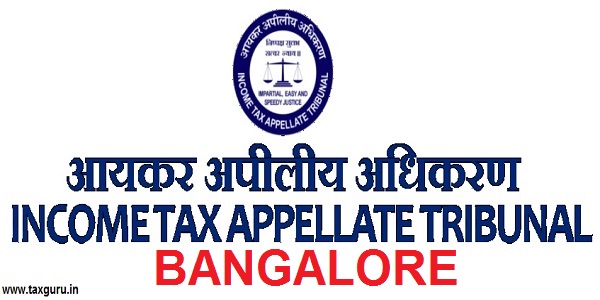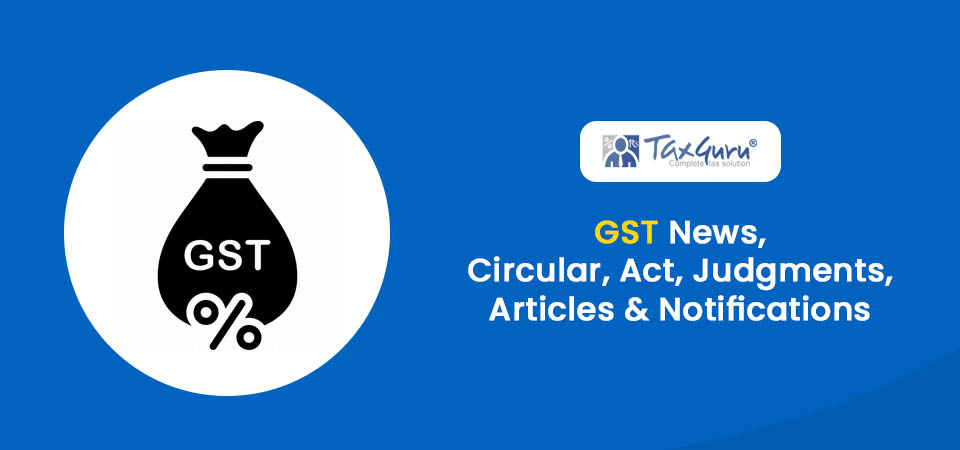Interest is a consideration for allowing someone to use your money. It could be termed as Compensation paid to one who allows his money to be used by another person. This is a common understanding and no big brains are required to understand this proposition. Consider the example : A gives Rs. 10,000/- to B (collection agent of bank) for deposit in his bank account and informs his bank of such deposit to be made by B. On the basis of intimation by A, the Bank gives provisional credit of Rs. 10,000/- to A and credits Rs. 100 as interest also to A account after the month. On completion of month, the bank finds out that B has not deposited the money. As the bank failed to receive Rs. 10,000/-, it recovers the amount Rs. 10,100/- from A and at the same time initiates recovery proceedings on B for recovery of Rs. 10,000/- with interest. After 10 months, the Bank is able to recover Rs. 11,000/- (Rs. 10,000/- principal plus Rs. 1,000/- towards interest) from B. The bank credits Rs. 10,100/- to A’s account from whom it had recovered Rs. 10,100/- and the total transaction gets settled. I am sure that you must be thinking what happens to the balance interest of Rs. 900/-. This amount is kept by bank. Don’t be shocked. This is the kind of horrendous proposal made in GST law in Section 29 of Model GST law.
MATCHING PRINCIPLE Section 29
Under the GST law, the eligibility of input tax credit has been made subject to deposit of the tax by Supplier and filing of valid returns by Supplier. In the above example of purchase by A from B, where the tax amount is Rs. 10,000/-. A will be eligible to claim credit of Rs.10,000/- from his output tax liability only in case B has deposited the tax including Rs. 10,000/- and files the valid return showing supply made to A. Section 29 of Model GST law prescribes the law in respect of matching of outward Supply data of supplier with the inward supply data of recipient for the purpose of allowing input tax credit to recipient of taxable supplies. It further prescribes the law relating to consequences of non deposit of tax or non filing of return by Suppliers as follows :-
(3) Where the input tax credit claimed by a recipient in respect of an inward supply is in excess of the tax declared by the supplier for the same supply or the outward supply is not declared by the supplier in his valid returns, the discrepancy shall be communicated to both such persons in the manner as may be prescribed.
(4)………………………………
(5) The amount in respect of which any discrepancy is communicated under sub-section (3) and which is not rectified by the supplier in his valid return for the month in which discrepancy is communicated shall be added to the output tax liability of the recipient, in the manner as may be prescribed, in his return for the month succeeding the month in which the discrepancy is communicated.
(7) The recipient shall be eligible to reduce, from his output tax liability, the amount added under sub-section (5) if the supplier declares the details of the invoice and/or debit note in his valid return within the time specified in sub-section (7) of section 27.
(8) A recipient in whose output tax liability any amount has been added under subsection (5) or, as the case may be, under sub-section (6), shall be liable to pay interest at the rate specified under sub-section (1) of section 36 on the amount so added from the date of availing of credit till the corresponding additions are made under the said sub-sections.
(9) Where any reduction in output tax liability is accepted under sub-section (7), the interest paid under sub-section (8) shall be refunded to the recipient by crediting the amount in the corresponding head of his electronic cash ledger in the manner as may be prescribed:
Provided that the amount of interest to be credited in any case shall not exceed the amount of interest paid by the supplier.
(10) The amount reduced from the output tax liability in contravention of the provisions of sub-section (7) shall be added to the output tax liability of the recipient in his return for the month in which such contravention takes place and such recipient shall be liable to pay interest on the amount so added at the rate specified in sub-section (3) of section 36.
Sub Section (9) provides the law in respect of corrective action taken by Supplier. The proviso to this sub section provides that the amount of interest to be refunded to the recipient shall not exceed the amount of interest paid by Supplier. The meaning of this proviso was not clear as
- The amount of interest paid by Supplier can never be less than the amount of interest paid by recipient.
- The exact amount of interest to be credited to recipient was not coming out from the wording of this proviso.
The clarity on this aspect came from the FAQ released by CBEC which are as under in this regard.
FAQ RELEASED BY CBEC
Q 10. What if the invoices do not match? Whether ITC given or denied? If denied, what action is taken against supplier?
Ans. If invoices in GSTR-2 do not match with invoices in counter-party GSTR-1, the ITC will be reversed if the mismatch continues even after it is made known to both and still it is not rectified. Mismatch can be because of two reasons. First, it could be due to mistake at the side of the recipient, and in such a case, no further action is required Secondly, it could be possible that the said invoice was issued by supplier but he did not upload it and pay tax on it. In such a case, recovery action shall be taken against the supplier. In short, all mismatches will lead to proceedings if the supplier has made a supply but not paid tax on it.
Q 11. What will be the legal position in regard to the reversed input tax credit if the supplier later realizes the mistake and feeds the information?
Ans. At any stage, but before September of the next financial year, supplier can upload the invoice and pay duty and interest on such missing invoices in his GSTR-3 of the month in which he uploaded the invoice. The recipient will then automatically get ITC on that invoice. The interest paid by the recipient at the time of reversal will also be returned to the recipient through an automated system on the GSTN.
Reading the law as provided in Section 29 together with FAQ will make it amply clear that in case of our example the recipient will be refunded the amount of Rs. 100/- as interest which he had paid at the time of reversal of his claim of input tax credit of Rs. 10,000/- and supplier will be made to pay an interest of Rs. 1,000/- at the time of admitting and payment of his liability of tax on account of supplies made to A. The balance amount of interest of Rs. 900 will be pocketed by Government without having ever suffered a situation of loss of Rs. 10,000/- for 10 months period.
While proposing this law, the proposers even did not notice the law laid down by Hon’ble Supreme Court in this regard. In the case of Pratibha Processors Vs Union of India (1996) 88 (ELT) 12 (SC), the apex court at para 13 observed as
13. In fiscal Statutes, the import of the words — “tax”, “interest”, “penalty”, etc. are well known. They are different concepts. Tax is the amount payable as a result of the charging provision. It is a compulsory exaction of money by a public authority for public purposes, the payment of which is enforce by law. Penalty is ordinarily levied on an assessee for some contumacious conduct or for a deliberate violation of the provisions of the particular statute. Interest is compensatory in character and is imposed on an assessee who has withheld payment of any tax as and when it is due and payable. The levy of interest is geared to actual amount of tax withheld and the extent of the delay in paying the tax on the due date. Essentially, it is compensatory and different from penalty — which is penal in character.
There is no disagreement that the Supplier withholding the payment of tax to the Government should be made to pay interest on this amount but it is not the Government which needs to be compensated for this. Rather it is the recipient who needs to be compensated for loss of credit for the delayed period. The provision of denying the input tax credit to the recipient on the basis of Supplier not depositing the tax has already resulted into heart burns of trade and industry. The above said provision of state getting richer on sufferings of recipient will surely add fuel to the fire and should be reconsidered.
 CA SANJEEV MALHOTRA
CA SANJEEV MALHOTRA
FCA, FCS, AICWA, LL.B
Indirect tax Consultant
casanjeevmalhotra@gmail.com

























